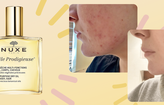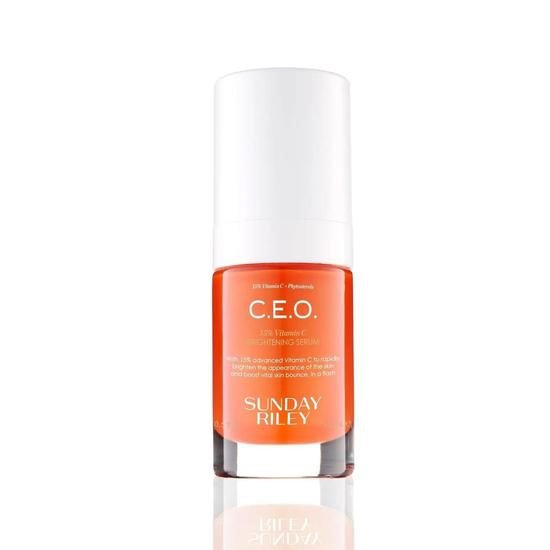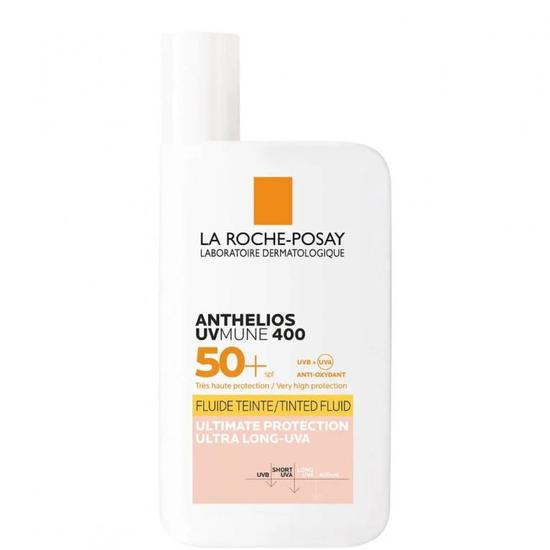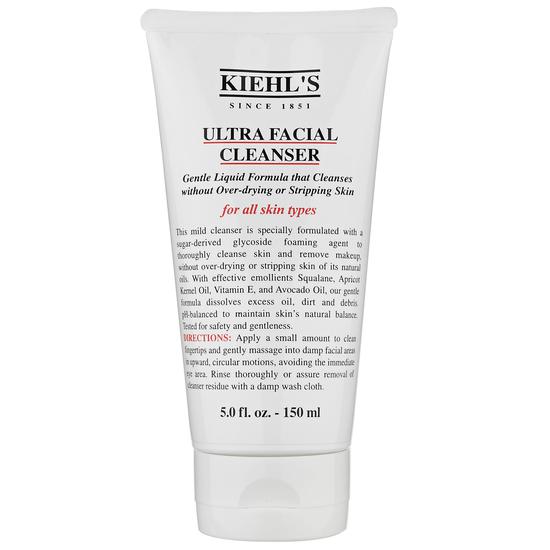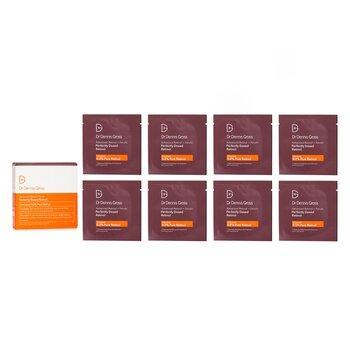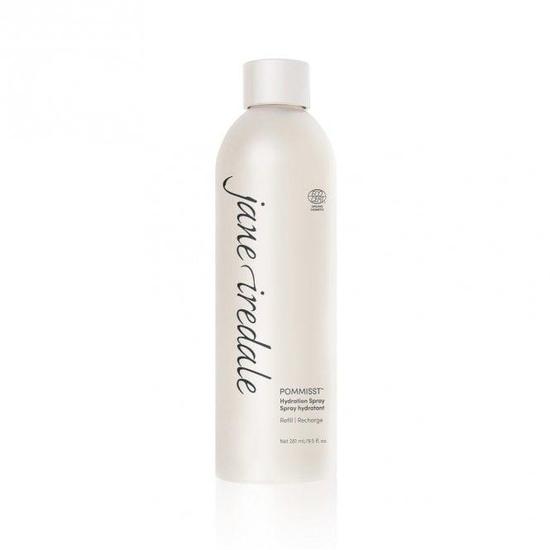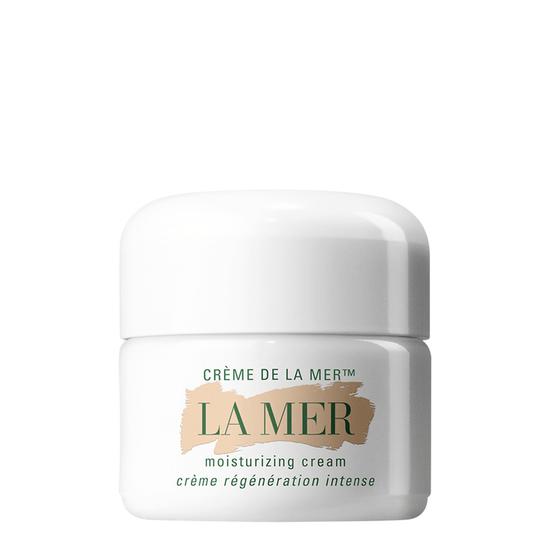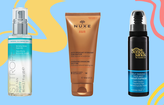
- Skin
- Vitamin C And Retinol
Can You Use Vitamin C With Retinol?
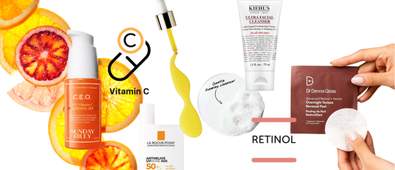
Both skincare ingredients famed for each having fantastic brightening and rejuvenating properties available in a spectrum of strengths and potencies, vitamin C and retinol (a derivative of vitamin A) are fantastic additions to anyone's skincare routine.
But with different strengths and potencies come different challenges and approaches. You—like many—may be interested in incorporating the two actives in your skincare: a great idea in theory, but in practice, caution is advised.
Can You Use Vitamin C With Retinol?
Yes, But Timing Matters
Vitamin C and retinol are both potent actives—one brightens and protects, the other renews and resurfaces. While it’s safe to use them in the same routine, most dermatologists recommend applying vitamin C in the morning and retinol at night to maximise their benefits and minimise potential irritation.
Used together properly, they can improve hyperpigmentation, fine lines, and overall radiance. The result? Healthier, glowier skin that’s better protected and better renewed.
👉 Know what each one does? Jump to tips for pairing vitamin C and retinol like a pro.
What Does Vitamin C Do For Skin?
Vitamin C is a potent antioxidant known for brightening dull complexions and protecting skin from environmental stressors like pollution and UV damage. It plays a key role in collagen synthesis, helping to maintain firmness and elasticity over time.
Topically, it reduces hyperpigmentation, evens out skin tone and delivers a noticeable glow. As part of a daily routine, vitamin C can help defend against premature ageing, leaving skin more radiant, resilient and visibly clearer.
Key benefits of vitamin C include:
- Brightens Skin: Fades dark spots and hyperpigmentation, boosting radiance and uniformity in skin tone.
- Supports Collagen Synthesis: Promotes firmness and elasticity by stimulating collagen production.
- Protects Against Environmental Damage: Acts as an antioxidant, neutralising free radicals from pollution and UV exposure.
- Evens Skin Tone: Reduces signs of sun damage and post-inflammatory marks for a clearer complexion.
- Enhances SPF Protection: When used in a morning routine, it boosts the protective effects of sunscreen.
- Refines Texture: Improves smoothness and reduces roughness caused by dryness or discolouration.
(Source: Harvard, Women’s Health)
Vitamin C: Suitable for most skin types with proper formulation
Normal to Dry Skin: Look for formulas with added hydrators to brighten and support collagen without causing dryness.
Oily and Acne-Prone Skin: Choose lightweight, water-based serums to reduce post-acne marks and boost glow.
Sensitive Skin: Use lower concentrations (e.g. 10%) and stabilised forms like magnesium ascorbyl phosphate to minimise irritation.
Mature Skin: Highly beneficial for collagen stimulation and fading age spots.
What does retinol do for skin?
Retinol is one of the most powerful over-the-counter ingredients available for improving the look and feel of skin. By encouraging faster cellular turnover, it helps shed dull, dead skin and allows newer, healthier skin to emerge. With continued use, it fades pigmentation, smooths fine lines, reduces breakouts, and improves elasticity.
Its effectiveness lies in its ability to go deep—stimulating fibroblasts and collagen production at a dermal level. However, retinol’s intensity makes it a ‘slow-and-steady’ ingredient: overuse or incorrect layering can result in irritation, which is why it should be balanced with moisturisers and barrier-friendly actives.
Key benefits of retinol include:
- Boosts Cell Turnover: Speeds up the rate at which skin renews itself, helping to shed dead cells and reveal smoother, healthier skin beneath.
- Reduces Fine Lines and Wrinkles: Stimulates collagen production, softening the appearance of existing wrinkles and preventing new ones from forming.
- Clears Acne: Helps prevent clogged pores, reduces breakouts, and treats existing blemishes by normalising skin cell behaviour.
- Evens Skin Tone: Fades dark spots, sun damage, and post-acne hyperpigmentation for a more uniform complexion.
- Improves Texture: Refines rough patches and smooths out uneven or bumpy areas with consistent use.
- Enhances Firmness and Elasticity: Promotes collagen and elastin synthesis, helping skin appear firmer and more youthful over time.
(Source: Cleveland Clinic)
Retinol: Powerful but needs tailoring by skin type
Normal to Dry Skin: Gradually introduce retinol and pair it with hydrating ingredients, such as hyaluronic acid, to reduce dryness and sensitivity.
Oily and Acne-Prone Skin: Highly beneficial due to its exfoliating properties, helping to manage oiliness and reduce blemishes.
Sensitive Skin: Start slowly with a lower concentration, initially applying only a few times a week to minimise irritation. Buffer with moisturiser.
Mature Skin: Great for improving fine lines, firmness, and sun damage—build up use slowly for long-term results.
Why do vitamin C and retinol work well together?
Vitamin C and retinol are two of the most researched and effective ingredients for improving skin tone, texture, and firmness. While they work best at different times of day, they complement one another beautifully when used correctly.
Vitamin C is an antioxidant powerhouse that protects against free radical damage and brightens the skin. Retinol, meanwhile, boosts cell turnover, unclogs pores, and stimulates collagen production. When used in tandem—vitamin C in the morning, retinol at night—they address both prevention and correction: vitamin C shields, retinol repairs.
This strategic pairing supports radiant, firm, and even-toned skin with long-term use, while keeping irritation to a minimum when layered wisely.
Comparing Vitamin C and Retinol side-by-side
- Primary function: Vitamin C – Antioxidant, brightens skin | Retinol – Anti-ageing, cell turnover
- Reduces fine lines/wrinkles: Vitamin C ✅ Stimulates collagen | Retinol ✅ Highly effective
- Improves skin texture: Vitamin C ✅ Refines and smooths | Retinol ✅ Significantly smooths
- Fades hyperpigmentation: Vitamin C ✅ Brightens and fades | Retinol ✅ Strongly effective
- Treats acne & blemishes: Vitamin C ❌ Indirect impact | Retinol ✅ Effective by unclogging pores
- Enhances skin firmness: Vitamin C ✅ Boosts firmness | Retinol ✅ Boosts collagen, improves elasticity
- Boosts hydration: Vitamin C ⚠️ Can be drying | Retinol ❌ Can cause dryness
- Improves skin barrier: Vitamin C ⚠️ May irritate sensitive skin | Retinol ❌ May be sensitising
- Potential irritation: Vitamin C ⚠️ Can sting or tingle | Retinol ⚠️ Peeling, redness possible
- Suitable for sensitive skin: Vitamin C ⚠️ Choose stable forms | Retinol ⚠️ Use with caution
Vitamin C also works well with
Hyaluronic Acid – Boosts hydration and plumpness while vitamin C brightens and protects the skin.
Ferulic Acid – Stabilises vitamin C and boosts antioxidant protection, making it more effective against environmental stressors.
Niacinamide – Fades pigmentation and reduces redness for a more even, radiant complexion when layered properly.
Retinol also works well with
Niacinamide – Reduces irritation and enhances skin’s resilience, making retinol easier to tolerate.
Peptides – Support skin repair and collagen production while minimising inflammation.
Hyaluronic Acid – Provides moisture and plumping to counteract dryness and peeling associated with retinol use.
How to apply vitamin C and retinol together
- Use vitamin C in the morning after cleansing. Let it absorb completely.
- Apply a broad-spectrum SPF after moisturising to protect against UV and environmental stress.
- In the evening, cleanse and dry your face thoroughly.
- Apply retinol to clean skin, wait 5–10 minutes, then follow with moisturiser.
- Use a hydrating serum or niacinamide between steps if needed for barrier support.
A.M.
P.M.
FAQs
How to layer vitamin C and retinol
Use vitamin C in the morning after cleansing to protect against free radicals and brighten the skin. In the evening, after cleansing and patting dry, apply retinol. Always follow with a moisturiser and wear SPF during the day to guard against sun sensitivity.
Is it okay to use vitamin C after retinol?
Only if your skin tolerates both well. Most people benefit more from separating them into AM/PM routines to avoid irritation.
Do vitamin C and retinol cancel each other out?
Not anymore. Old myths suggested they shouldn't be used together, but modern formulations make this safe. They target different concerns and work best when split—vitamin C in the morning, retinol at night.
One great way to get a concentrated, packed punch of vitamin C is through serums—fortunately for you, we have a blog post of The Best Vitamin C Serums for the Face here at Cosmetify. Likewise, for those of you looking to incorporate an expert-recommended retinol serum to take your routine to the next level, The Best Retinol Serums For A Revived Complexion are also stocked here on our website, give them a try.

Written by Maria Mukaranda
Maria’s background is rooted primarily in creative media and a love for all things written, expressed through experience both online and in print; for creative platforms spanning from music to fashion to beauty.
Top Posts

